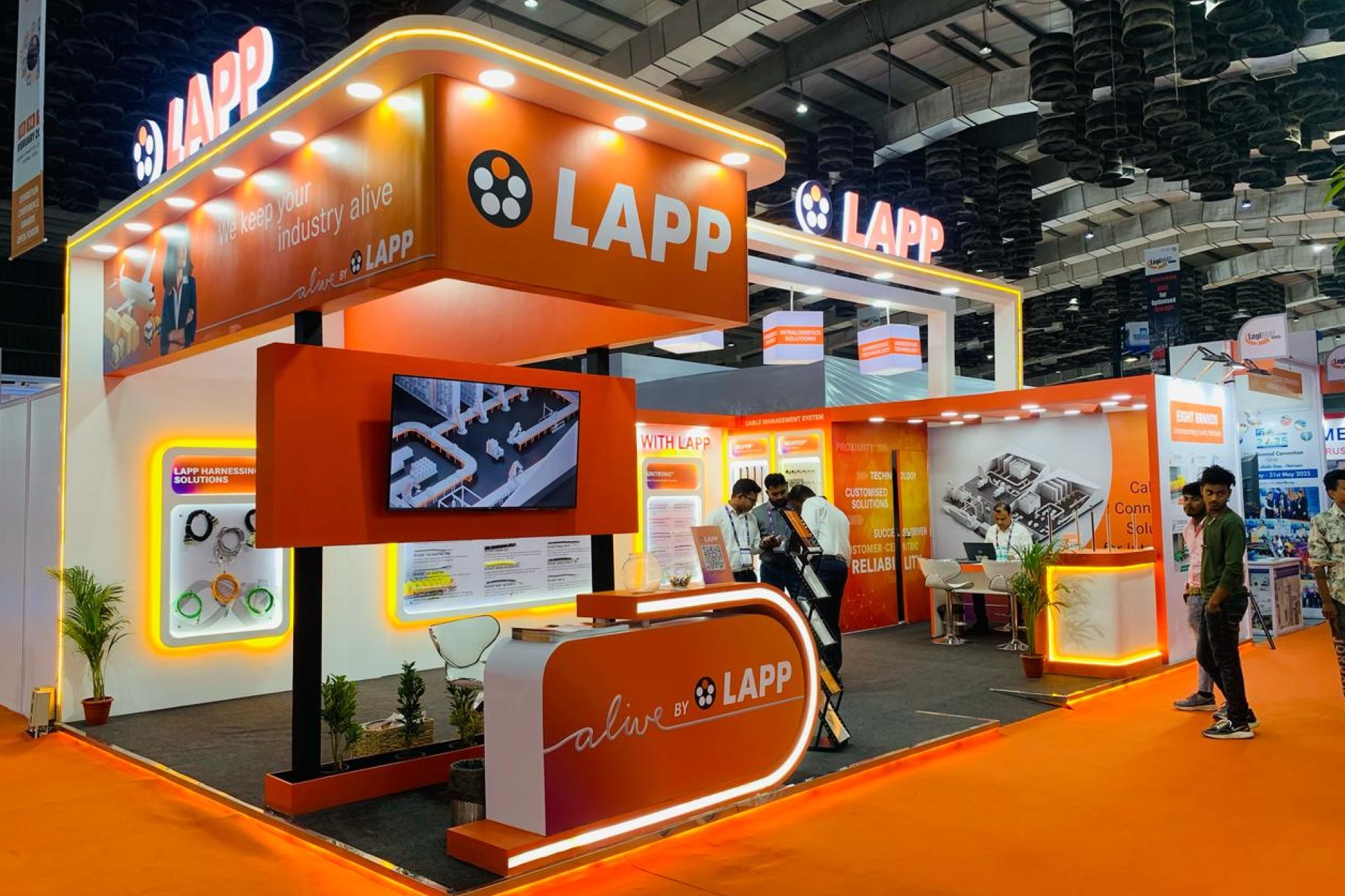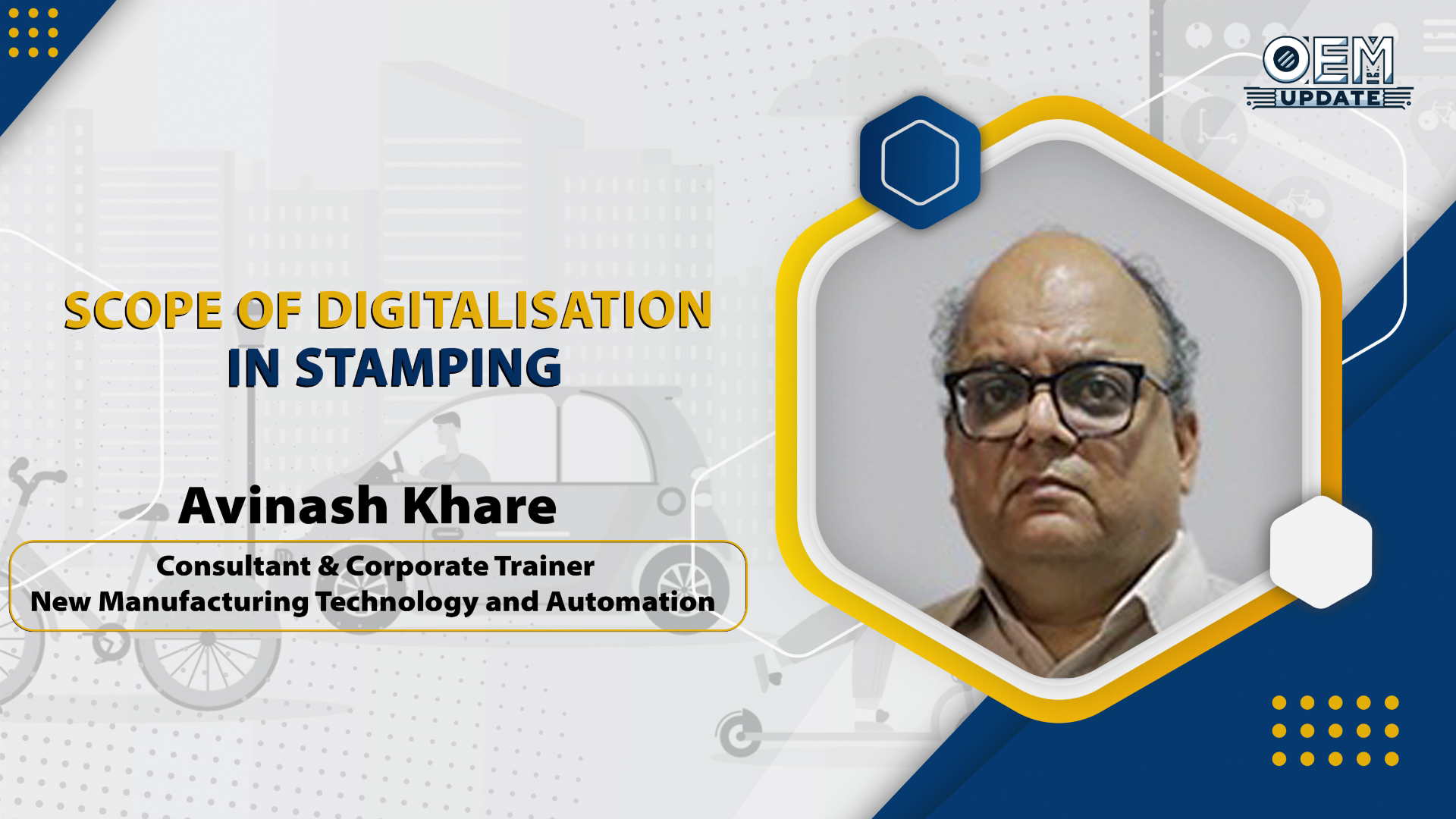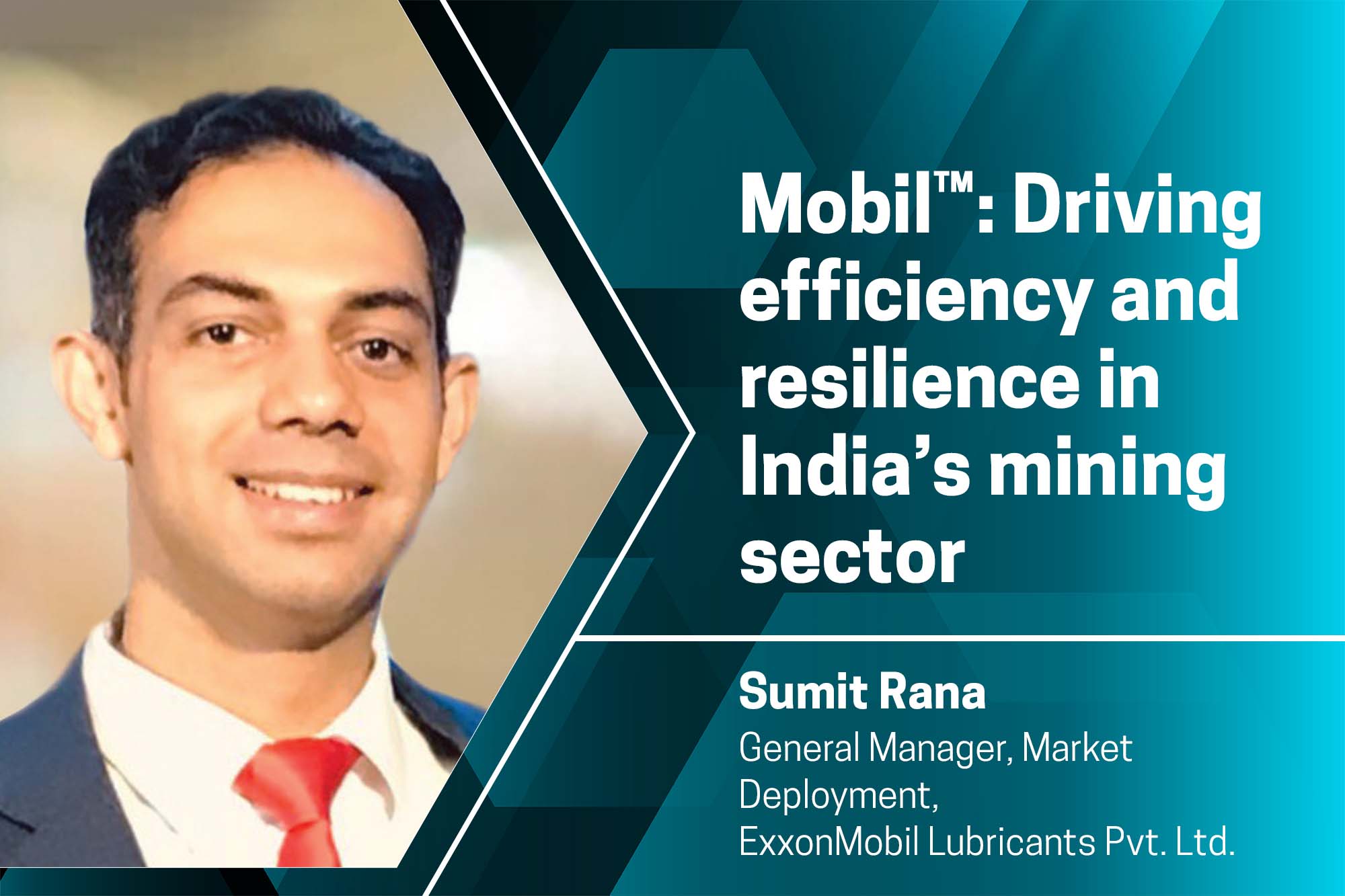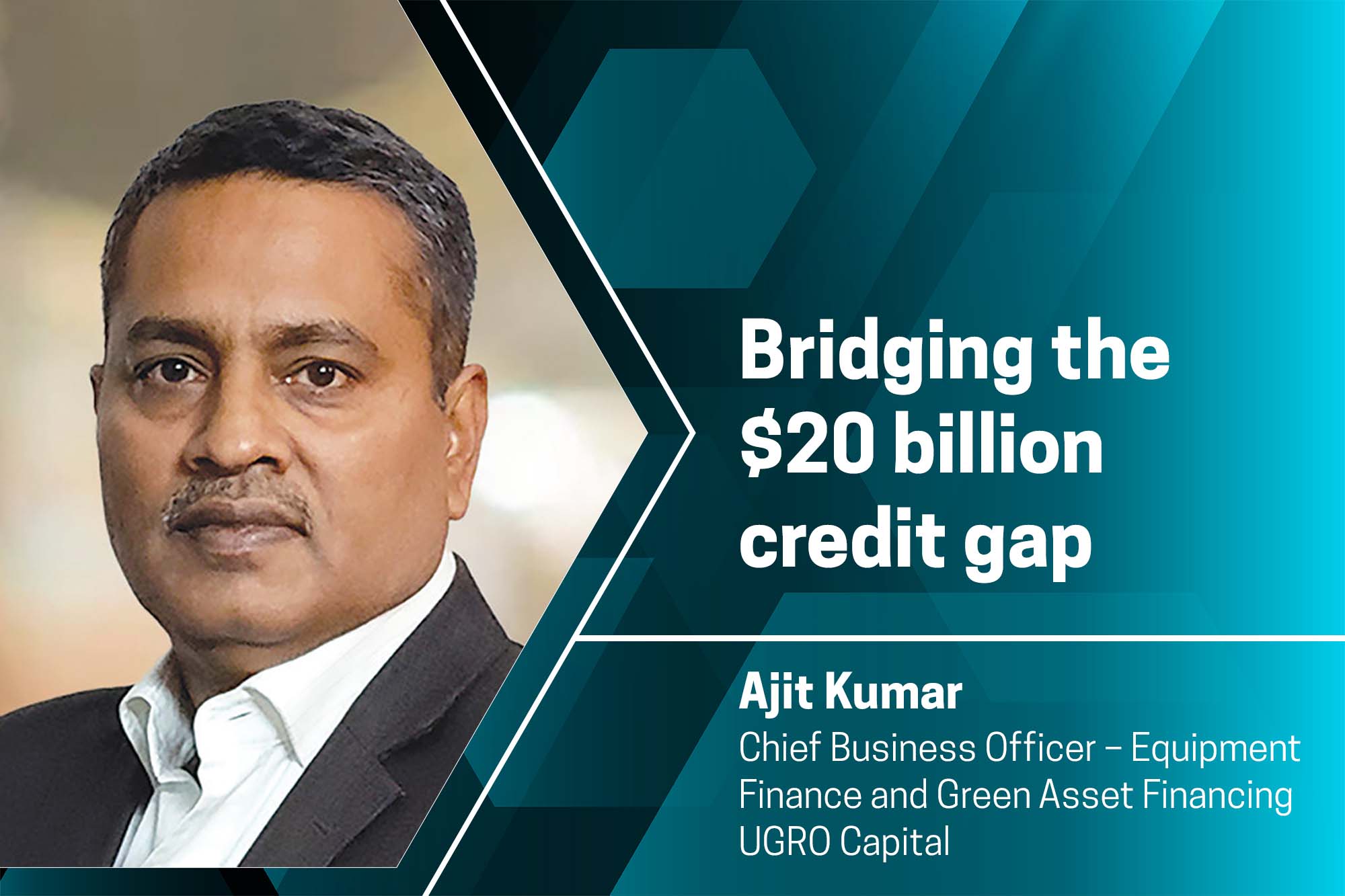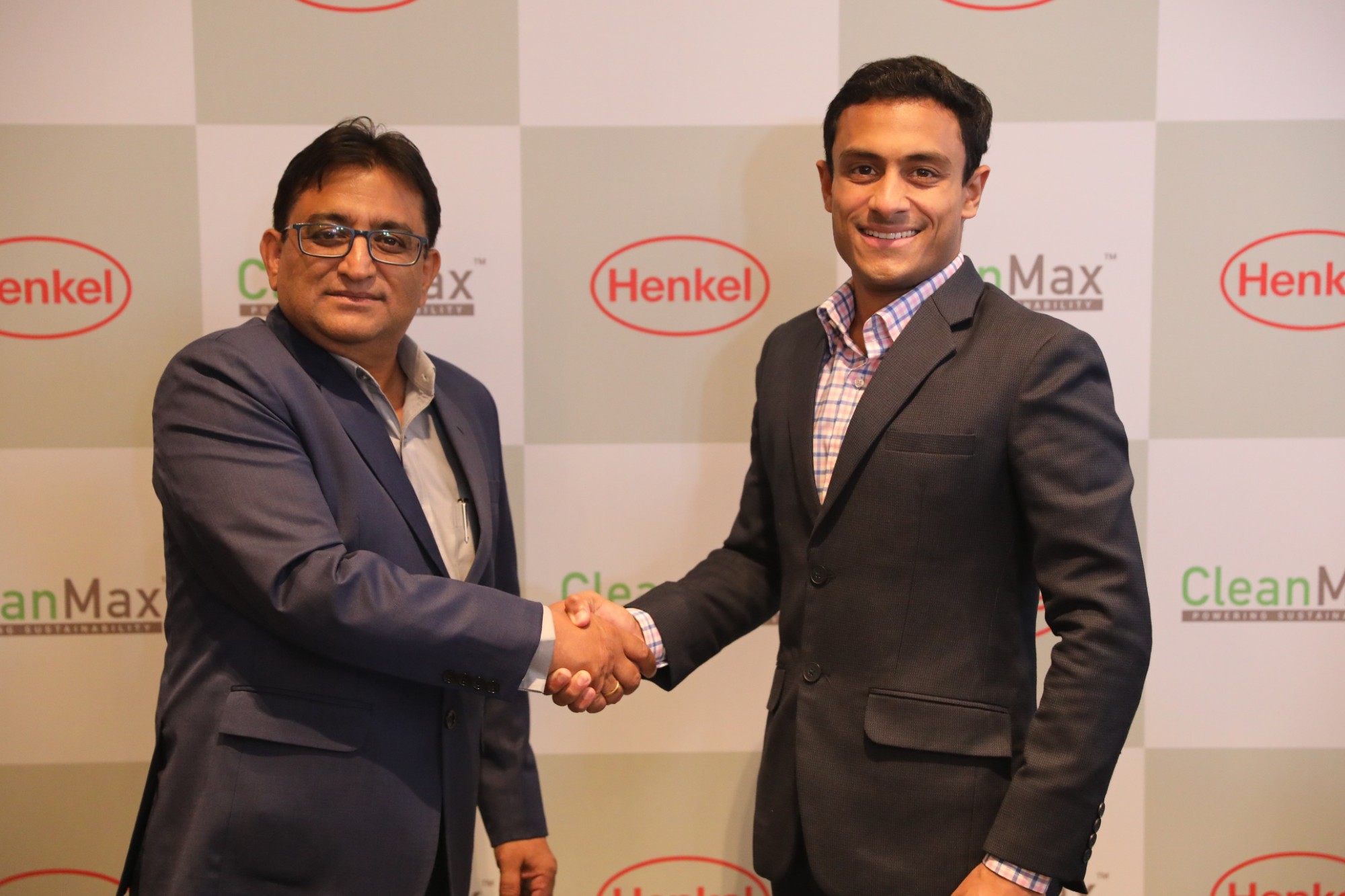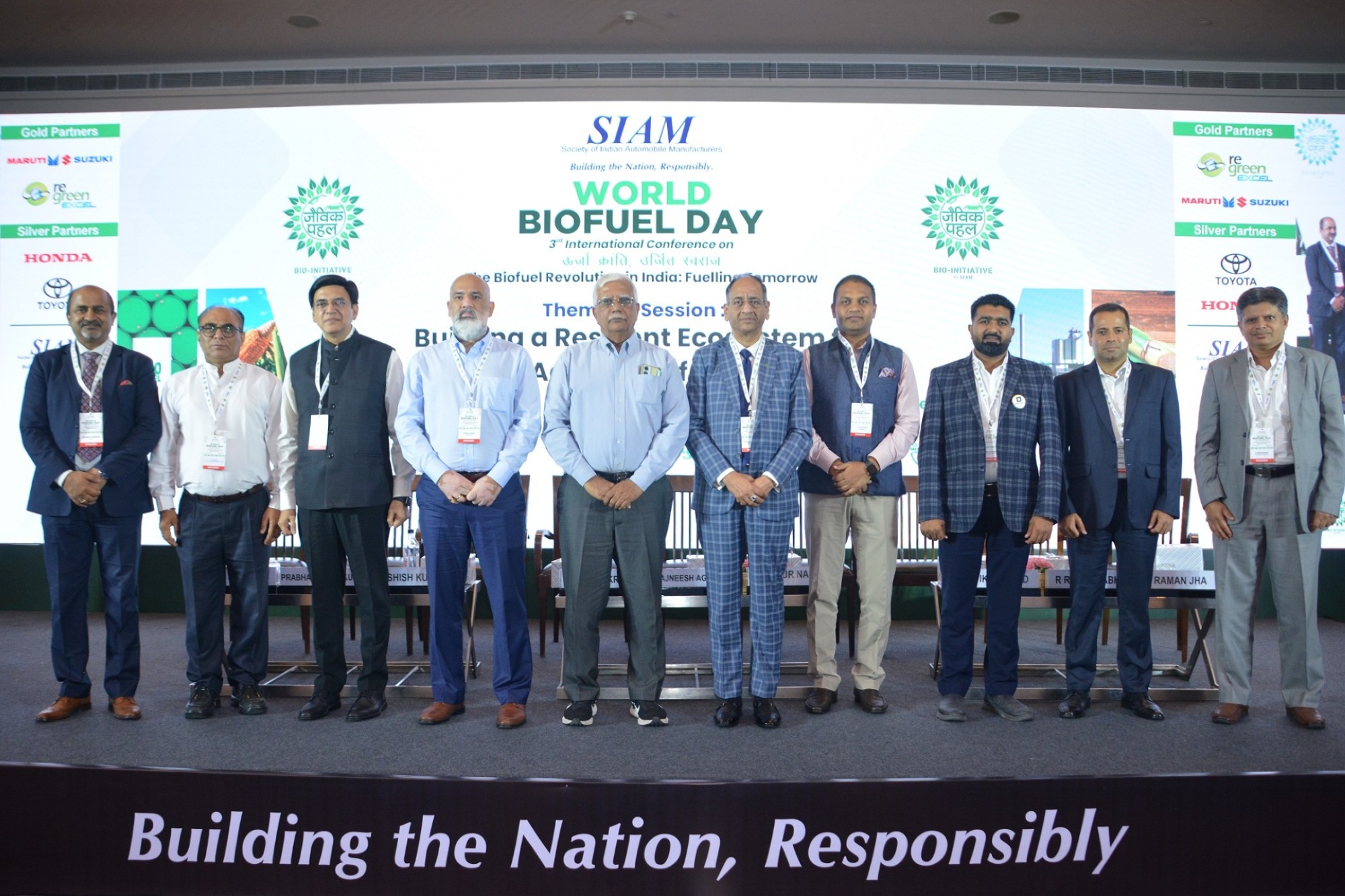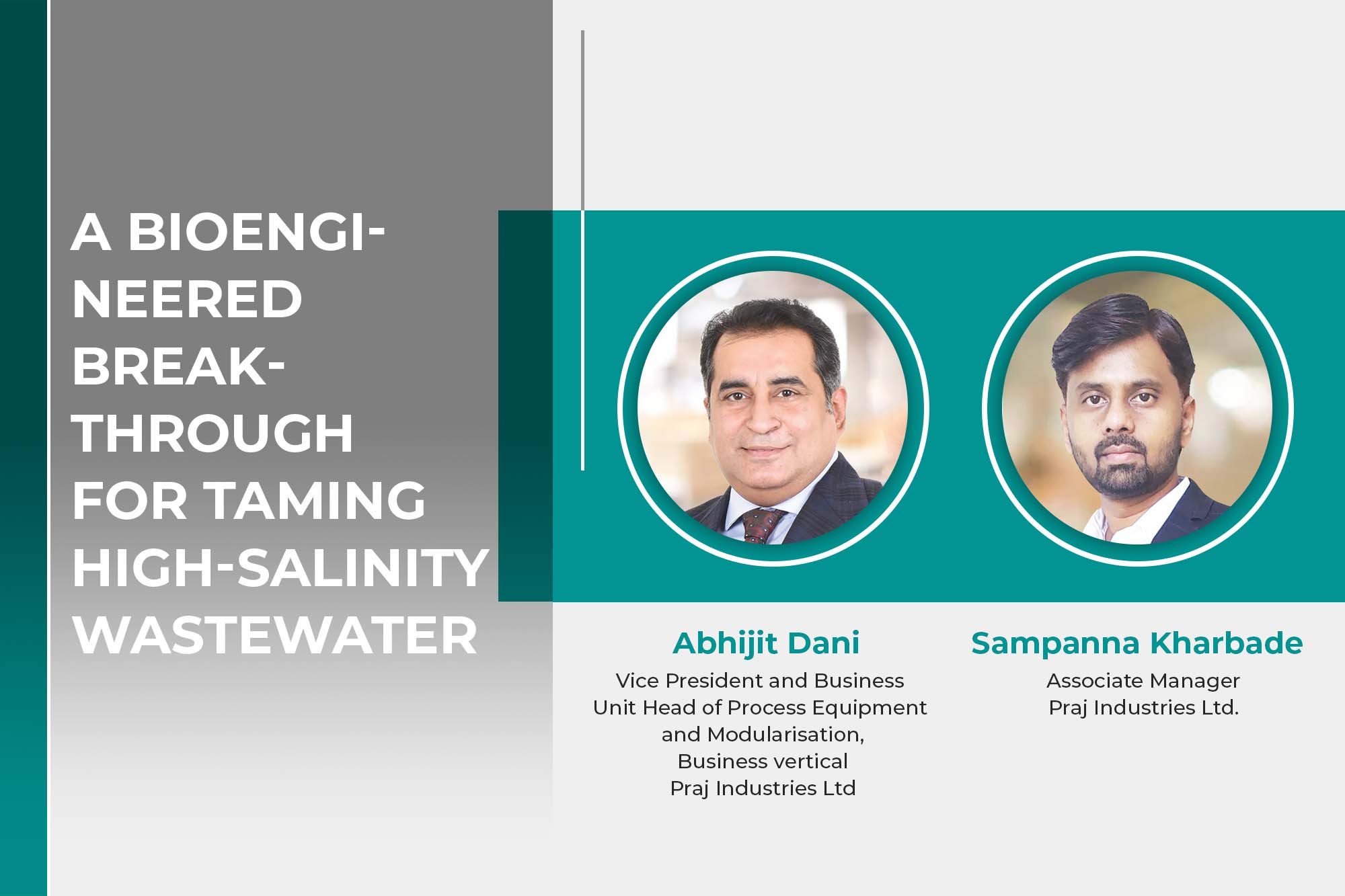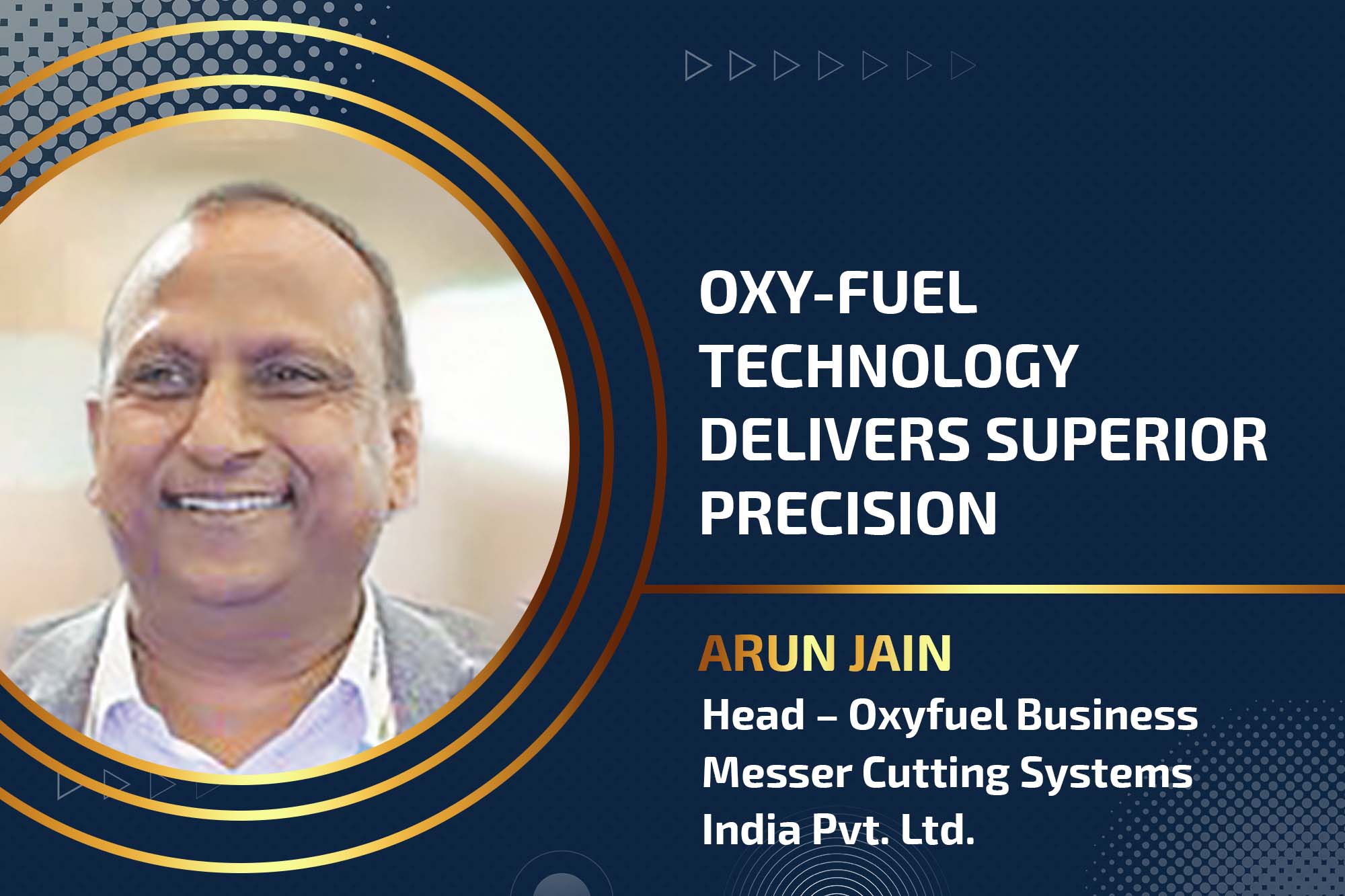Make in India, efficiently
By admin June 30, 2015 11:43 am IST
India not only has the potential for domestic consumption, but we are increasingly being looked upon as a destination for quality exports to the entire world.
Vineet Seth, Managing Director – South Asia and Middle East, Delcam Ltd., UK
Delcam is one of the world’s leading suppliers of advanced CAD/CAM for industries such as aerospace, automotive, electrical appliance, footwear, ceramics, packaging, signmaking, jewellery, toys and sporting equipment. Over the years, the company has carved a niche for itself in India. In an interview with OEM Update, Vineet Seth highlights the roadmap for ‘Make in India’.
‘Make In India’ to foster growthThe CAD/CAM industry heavily relies on manufacturing growth. If there is no growth in manufacturing, chances are that there will be very little growth in CAD/CAM industry. Over the years, India has gradually increased manufacturing share as a percentage of its GDP. “I am very hopeful that the ‘Make in India’ campaign will bring about more innovation and localisation that will fuel the growth of a lot of allied industry that tie in to the manufacturing domain,” says Vineet Seth, Managing Director – South Asia and Middle East, Delcam Ltd., UK. He is also the ASEAN Business Development Director at Delcam Professional Services Ltd., UK.
He observes, “The ‘Make in India’ campaign has come at the right time. One of the major positive indicators of the country’s GDP is manufacturing. This campaign will help in fuelling innovation across the existing manufacturing infrastructure in the country, as well as motivate newer entrepreneurs to embrace manufacturing and not just limit themselves to services and trading sector.”
Explaining short- and long-term effects of the initiative, Mr Seth said, “On the short-term it will foster investments, infrastructure revamp, training etc. On the longer term, it will help create a manufacturing economy that will drive the country forward. In the immediate future, it will foster a shift for a better tomorrow.”
Needs collaborative approachDescribing the ‘Make in India’ as a ‘collective effort’, Mr Seth said, “If ‘Make in India’ has to achieve success, it will require that all the stakeholders come together and put in positive efforts. The government will not only have to write the policies, but should also put in mechanisms to measure the efficacy of such a policy. The advisory body should also be in touch with market realities both within the country as well as outside – and make changes to the policy and implement them, dynamically.”
Cookie Consent
We use cookies to personalize your experience. By continuing to visit this website you agree to our Terms & Conditions, Privacy Policy and Cookie Policy.




